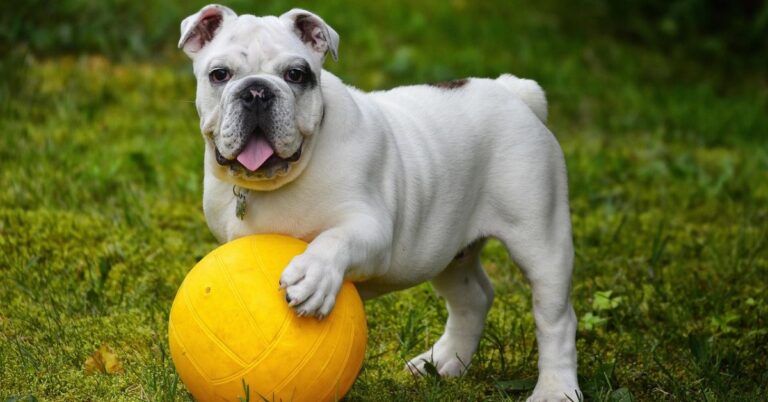The Real Benefits Of Letting Your Dog Play With Puzzle Toys Daily

Dogs don’t just need space to run—they need things to figure out. Puzzle toys fill that gap with fun problems built for paws and noses. Every tug, twist, and treat earned sharpens their mind. If you haven’t made this switch yet, these benefits might just nudge you there.
Cognitive Function

Keeping a dog’s mind busy improves how it learns and reacts. Toys that challenge memory and decision-making help dogs stay mentally sharp, especially as they age. The mental boost can support alertness and responsiveness, thereby turning everyday moments into opportunities for growth, even in later years.
Curbs Destructive Behavior
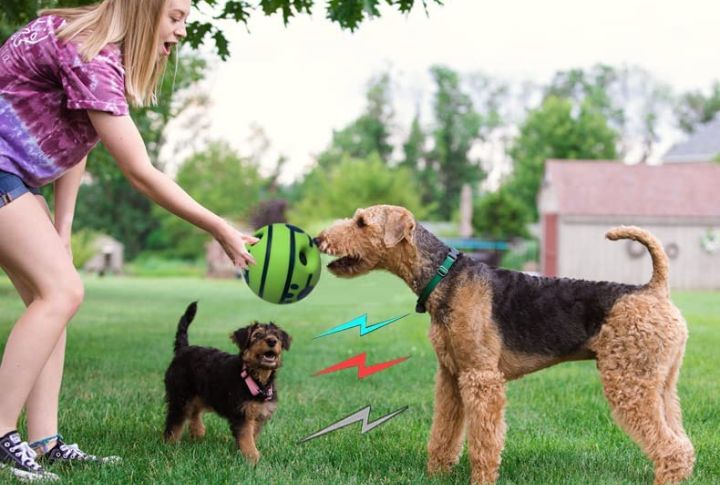
When dogs lack mental tasks, they sometimes dig or bark to release energy. Play tools that provide structure and rewards redirect that chaos into purpose. Instead of tearing things apart, they solve something. It’s a smart alternative to frustration-based habits that show up around the house.
Helps Ease Stress And Anxiety
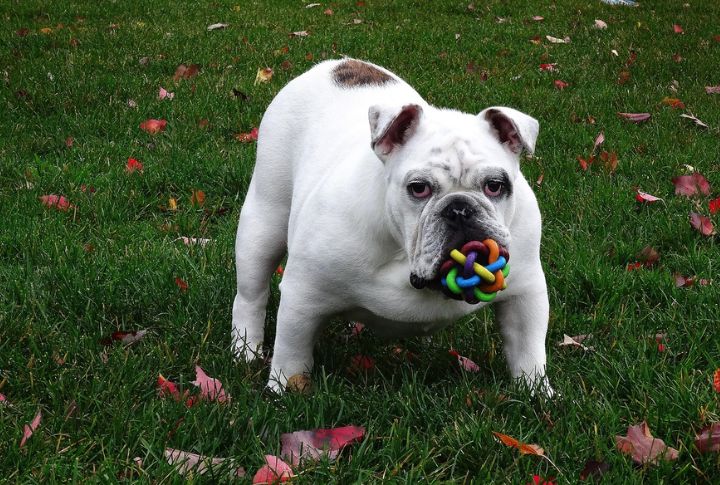
Sudden noises or time alone can leave dogs unsettled. Tasks that require full focus create a sense of direction and quiet the nervous energy that builds up. A calm mind usually begins with having something clear to accomplish, which helps reduce whining or other anxious behaviors.
Adds Purpose To Movement
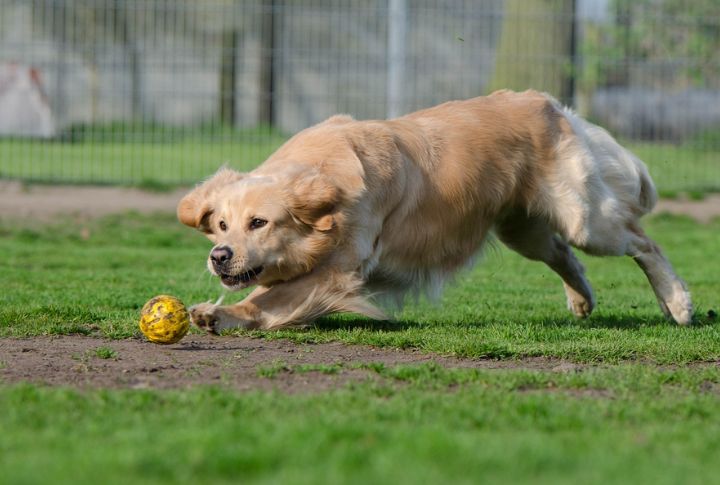
Physical energy needs somewhere to go, especially when stuck indoors. Games involving motion, like rolling treat balls or shifting sliders, combine exercise with a goal. That kind of purposeful activity builds coordination and keeps dogs engaged physically and mentally, even on days when a long walk isn’t possible.
Slows Down Fast Eaters
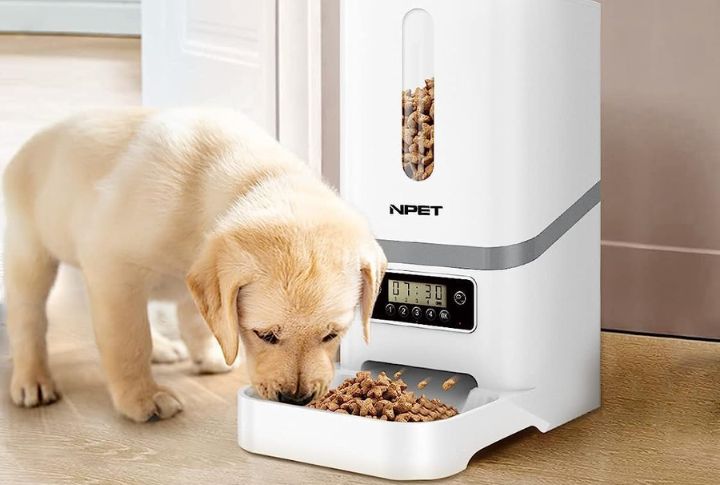
Some dogs devour their meals in seconds, risking bloating or discomfort. Food-dispensing challenges change that pace by encouraging small wins before each bite. Turning meals into mini tasks gives digestion a chance to keep up and turns feeding time into something dogs look forward to, not just rush through.
Builds A Stronger Human-Dog Bond
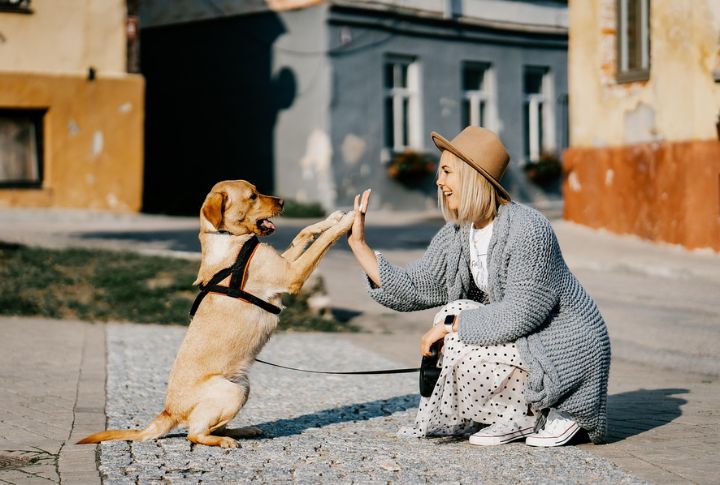
Working through a task together strengthens the connection. Dogs begin to read tone and timing, while owners learn to spot reactions and patterns. Over time, that mutual understanding deepens. These shared moments don’t require commands; they build quiet trust through repetition and small, successful interactions.
Promotes Better Sleep Cycles
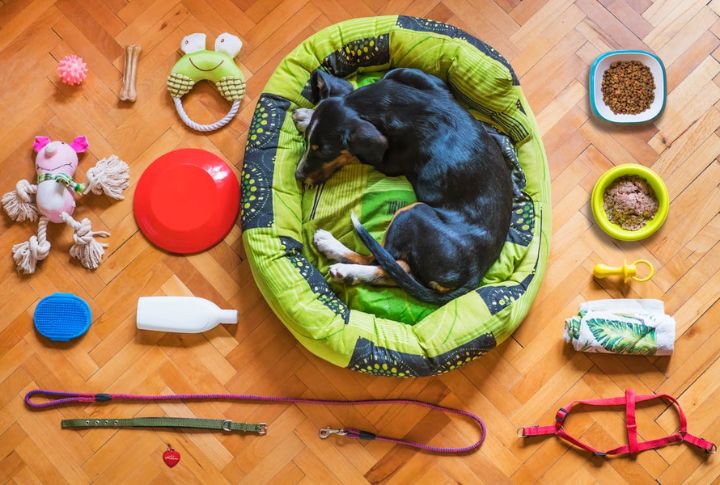
Mental exertion is just as important as physical activity when it comes to healthy rest. Dogs who engage in focused play throughout the day tend to fall asleep more easily and experience deeper, more restorative sleep. A well-stimulated brain winds down naturally, leading to better nighttime routines and fewer restlessness episodes.
Reinforces Good Behavior During Training
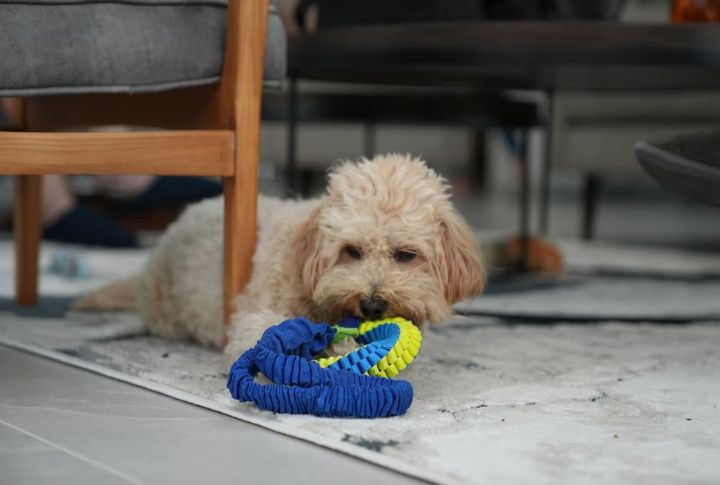
Practice builds habits. When dogs work for small rewards, they learn the value of patience and consistency. Using toys during training sessions adds variety and makes repetition feel less like work. Over time, these exercises reinforce commands and attention in a way that feels more like a game
Activates Natural Hunting Instincts

Dogs are wired to sniff, dig, and search. Games that involve hidden treats or scent trails tap into that instinct. It gives them a chance to explore in safe, indoor-friendly ways while fulfilling the urge to work for a reward. That sense of “earned success” leaves them truly satisfied.
Encourages Independent Play

Some dogs constantly seek attention, but puzzle toys offer a healthy form of independence. They learn to stay engaged on their own without relying on a human for stimulation. This builds confidence, reduces clingy behavior, and allows pet parents to step away while their dog remains content and focused.



